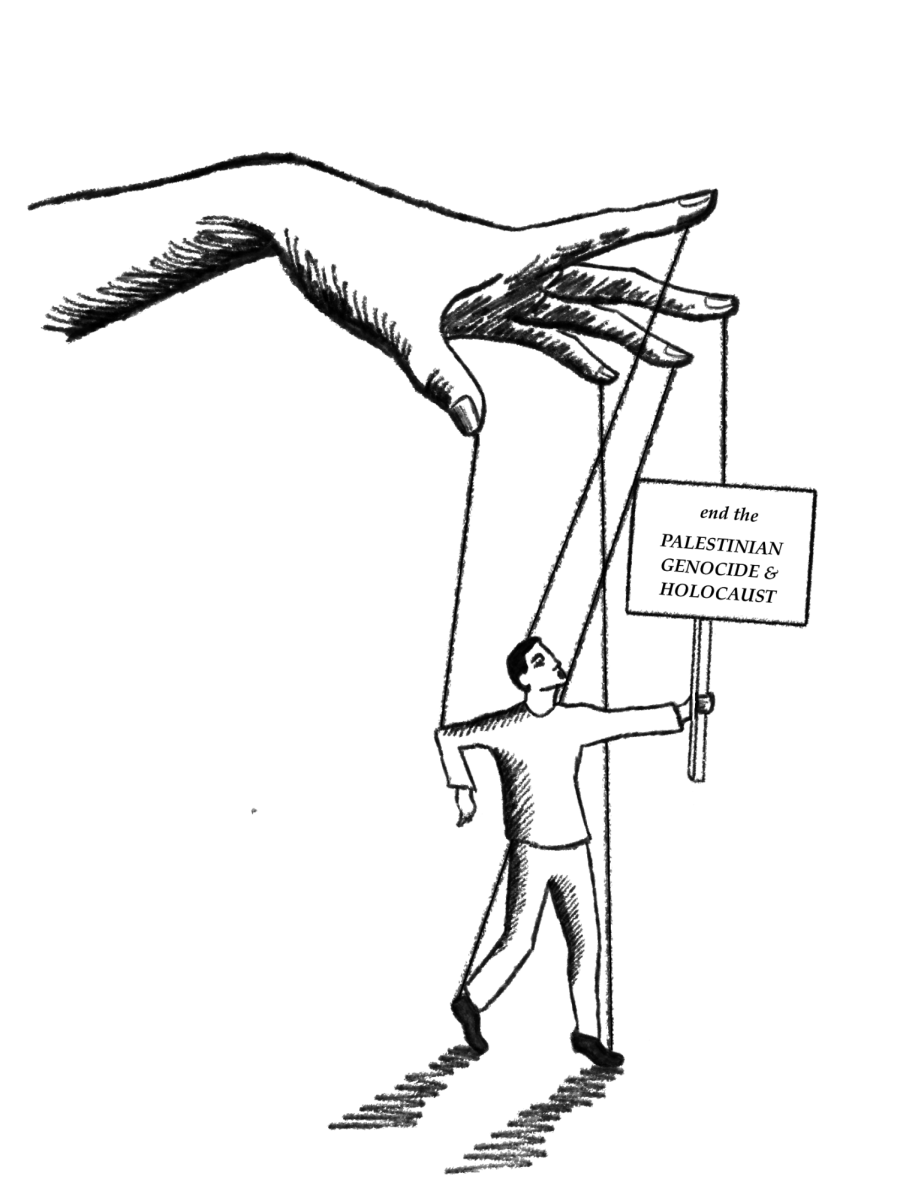Walking into the 800s building on the morning of the Preliminary Scholastic Aptitude Test, I could feel the tension in the air. As students filed into preassigned testing classrooms, they turned off their phones and double-checked their backpacks for pencils and calculators.
But while the juniors took the PSAT, the sophomores were still at home, enjoying a late-start day along with the freshmen and the seniors.
During the 2018-19 school year, the PSAT was administered to sophomores and juniors, but this year, the test was only administered to sophomores enrolled in Advancement Via Individual Determination and juniors.
Although some sophomores were likely thrilled by the extra sleep, not taking the PSAT deprives them of the opportunity to acquire a valuable benchmark for the standardized testing that they will likely take during their junior year.
As such, the PSAT should be administered to all sophomores as well as juniors.
First of all, the PSAT is the perfect place for sophomores to preview the world of standardized testing because it is low-stakes. Although the PSAT is a qualifier for the National Merit Scholarship for juniors, sophomores can take the test with no consequences regardless of their score. For sophomores, the test is truly practice: no scholarships can be won and no colleges have access to the score. Thus, the test can neither help nor hurt the student in the college admissions process.
This allows sophomores to gain insight into their potential performance on later tests without inducing stress or anxiety. By informing sophomores of their testing capabilities in a setting similar to that of the SAT or ACT, the PSAT can help them better prepare for future tests.
Another advantage of taking the PSAT sophomore year is the timing.
For students who might want to prepare for the SAT or ACT over the summer or during the beginning of their junior year, taking the PSAT junior year is too late to provide any benefit.
Taking the PSAT sophomore year can aid students in their studying over the summer by highlighting areas where they can improve. Resources such as Khan Academy, a free online tutoring program, can help students analyze their PSAT score breakdown and provide individualized practice questions to help students raise their scores.
Getting acquainted with the PSAT sophomore year also allows students to become more familiar with the test and hence are more likely to perform better on the junior PSAT. In turn, this gives them a better chance of receiving National Merit distinctions, awards which can range from commendations to scholarships, depending on the percentile of the score.
However, there are certainly issues that arise as a result of administering the PSAT to sophomores.
After the PSAT was administered to sophomores in 2018, Paly and Gunn administrations collected feedback to determine whether they should administer the test again. According to Assistant Principal Wendy Stratton, this feedback included complaints from students and parents alike who argued that offering the PSAT to sophomores caused unnecessary stress.
Stratton said the over- emphasis on achievement and higher standardized testing scores brought to the forefront by the PSAT results in further stress in a community that already places extreme amounts of pressure on students.
However, this issue can be resolved by making it abundantly clear to students and parents that the PSAT is only practice and has no consequences. According to Stratton, explanation of the PSAT to sophomores in 2018 was limited to a small blurb, which could have caused students to misinterpret the purpose of the test.
Furthermore, this limited communication with parents led some parents to place increased pressure on their children to perform well because they did not understand the purpose of the test.
Stratton said she would like to clarify to students that there is no negative impact for taking the practice assessment if the PSAT is reinstated for sophomores, an element that she said was lacking in the initial pilot.
Further information on the PSAT should be publicized in a manner that will reach all students and parents, such as through Schoology posts, emails to parents, and during advisory.
As increased communication can properly address the problem of increased anxiety; it is clear that all sophomores should be allowed to take the PSAT. By administering the PSAT to sophomores and ensuring that parents and students are informed about the test, Paly can help students achieve higher scores on their future standardized testing.








